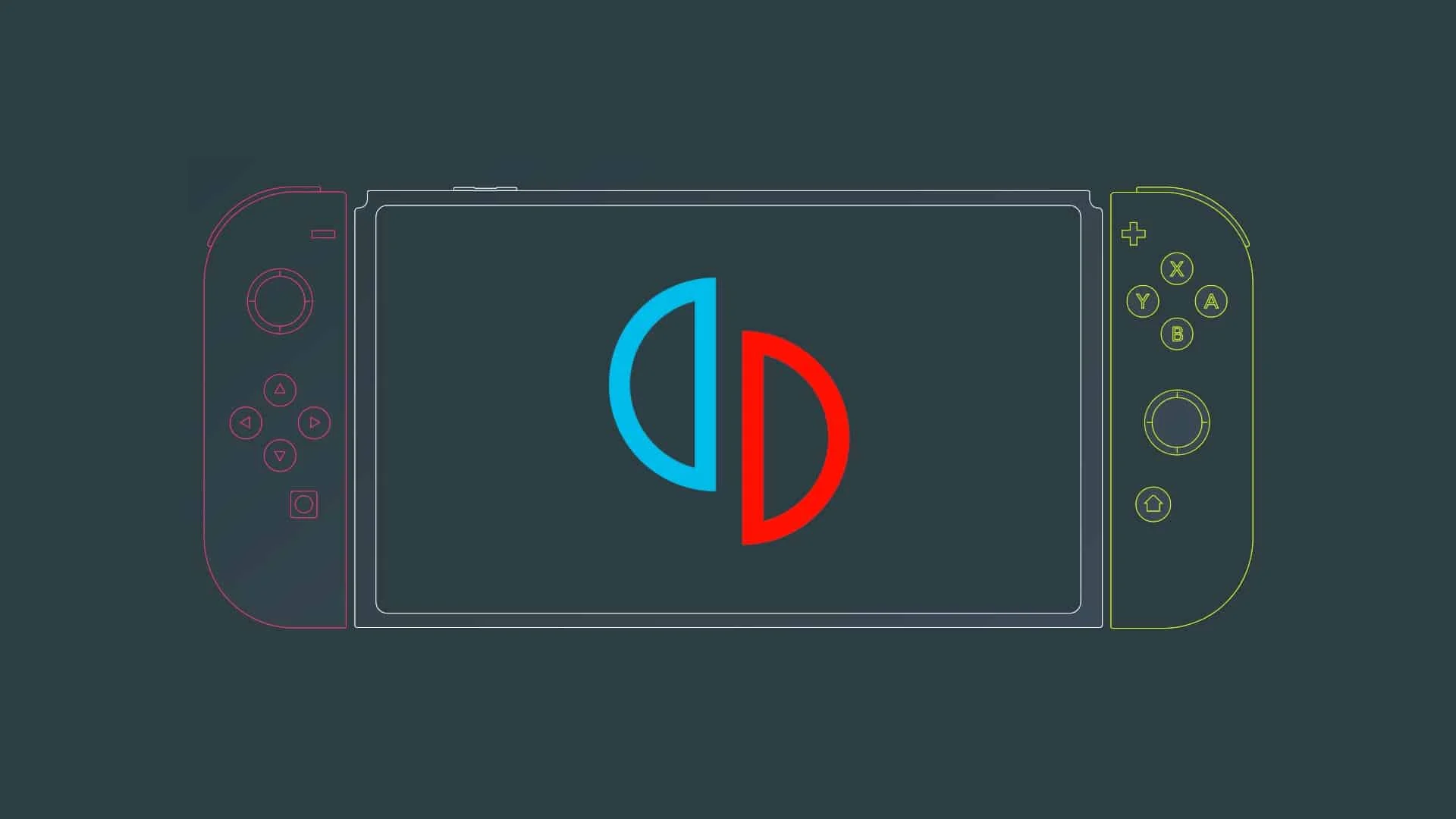Nintendo has faced an enduring battle against piracy, particularly concerning its popular gaming console, the Nintendo Switch. The company has taken multiple approaches, from legal strategies to technological innovations, to curb the rampant piracy that not only undermines its revenue but also the integrity of the gaming ecosystem.
Legal Maneuvers and Technological Updates
Recently, Nintendo obtained a high court injunction that mandates internet service providers to block access to piracy-promoting websites. This move is part of a broader strategy that includes suing prominent figures in the piracy community, such as Gary Bowser from Team Xecuter, who was fined and imprisoned for his role in facilitating Switch hacking.
Furthermore, in a bid to secure its platform, Nintendo has released updated models of the Switch, such as the version with a Mariko chip, which enhanced security measures against piracy. These hardware revisions aim not only to improve user experience in terms of battery life and performance but also to mitigate vulnerabilities that hackers exploit.
The Ethical and Cultural Dimensions of Piracy
The discussion around piracy is not black and white, with many advocating for it under the guise of preserving games no longer commercially available or protesting against perceived overpricing. Some community members argue that modifying their devices to play old or delisted games shouldn’t be equated with piracy. However, Nintendo’s stance is clear: the modification of its hardware and software, regardless of intent, violates their terms of service.
Community and Consumer Reaction
The gaming community’s response to Nintendo’s anti-piracy measures is mixed. While some applaud the company for protecting developers and the integrity of the gaming industry, others feel alienated, arguing that these actions restrict their ability to enjoy older games no longer accessible by legitimate means. This debate highlights a significant cultural clash between corporate policies and modern digital consumer expectations.
Nintendo’s efforts to clamp down on piracy through legal and technological means are part of a broader attempt to protect its intellectual property and the financial viability of its game developers. However, as the landscape of gaming evolves with increasing digital ownership and the archival desires of the community, Nintendo may need to explore more consumer-friendly strategies to address these issues without alienating its user base.







